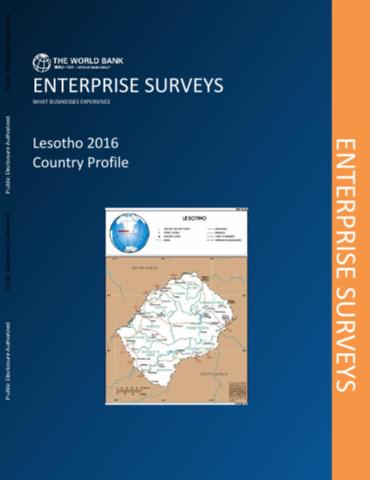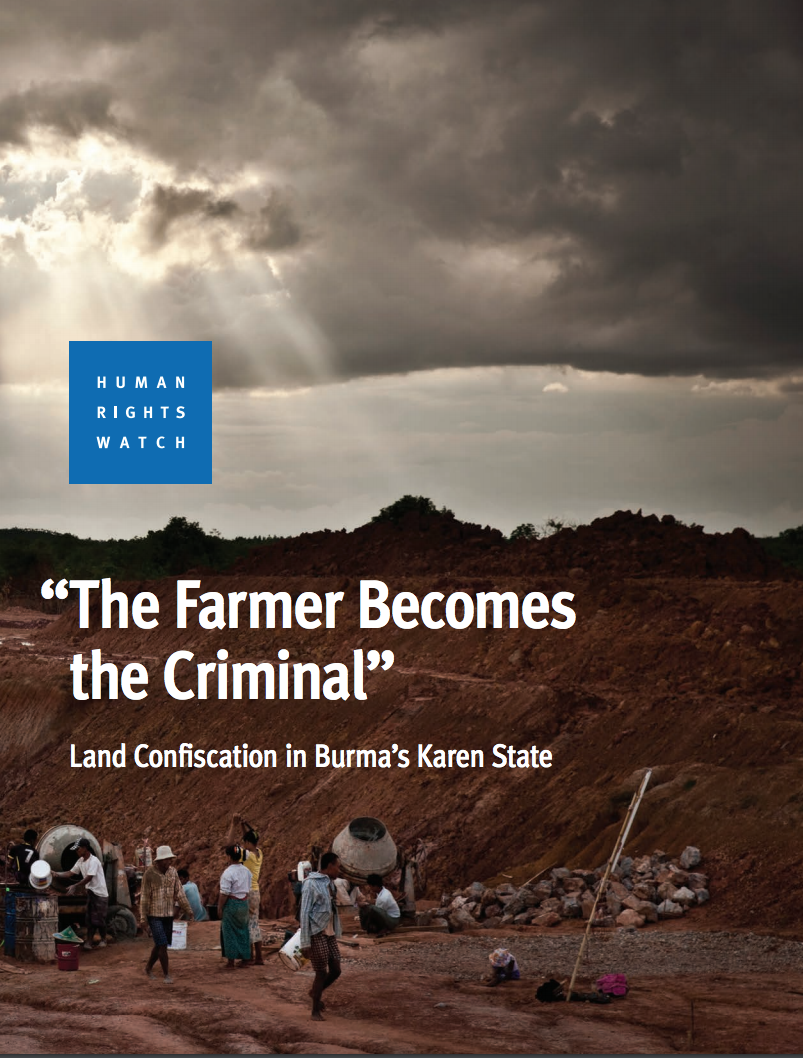Digitising the landscape: Technology to improve integrity in natural resource management
Many information technology initiatives have emerged in recent years with the aim of improving natural resource management. These take a variety of technological forms designed either to directly curb corruption in resource extraction and production, or to enhance information flows, facilitate citizen participation, and hold specific actors accountable. Donors can play a role in connecting the divide between development practitioners, technologists, and researchers by supporting the use of tools in programs and evaluations.









